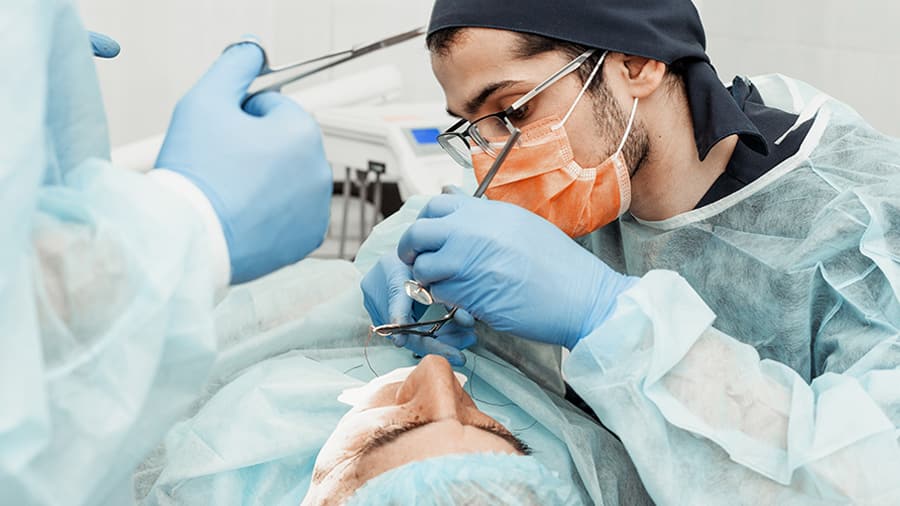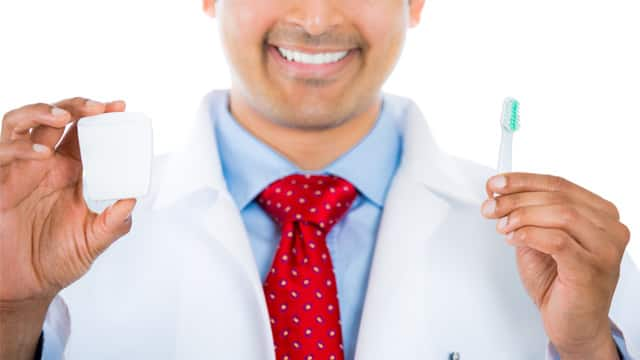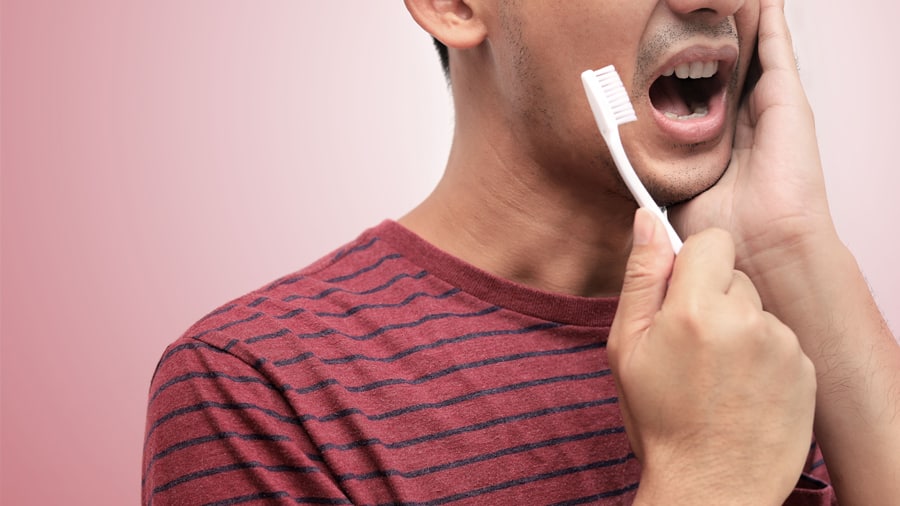Dentin Tubules
The purpose of these dentin tubules is to conduct sensitivity to heat or cold from the tooth surface to the nerve, but they aren't actually the cause of any tooth damage. When the tubules are exposed, however, this often results in sensitivity or discomfort for the patient. The tubules aren't visible to the naked eye, but under a microscope you can see why people were alarmed at the thought that their teeth were full of worms!
The Real Cause of Dental Disease
Modern dentistry proves that most toothaches are caused by dental caries resulting from tooth decay, plaque and tartar. Plaque develops when bacteria build up on the surface of the teeth and irritate the gum tissue and accumulate on the enamel, and cause cavities that may expose the sensitive tooth pulp. Gum disease is also a leading cause of dental disease. According to the Indian Dental Association, Periodontitis (also called periodontal or gum disease) is a bacterial infection that destroys the supporting structures that hold your teeth in place. It is estimated that 85% of the population has some form of gum disease. Poor oral hygiene is the primary cause of gum disease.
How to Treat Dental Caries
If you discover that you have a cavity, you can forget the idea that it was caused by a tooth worm. Whatever the cause, the best way to treat dental caries is to have your dentist do a restorative treatment at the earliest possible opportunity.
These treatments could include
- Cleaning out the decayed area and filling the tooth with a restoration
- Pulp capping to prevent the dental pulp from dying, after being exposed
- Performing a root canal treatment if the nerve has been exposed and affectedIf a tooth is broken down or shows signs of severe decay, your dentist might extract it and recommend replacing it with an implant or bridge.
Maintaining a Healthy Mouth
The best way to avoid the type of dental disease historically blamed on a tooth worm is to maintain a healthy mouth. You can do this by brushing twice daily with a toothpaste which repairs teeth and early gum damage, flossing daily and rinsing with an antibacterial mouthwash. Visit your dentist every six months for a check-up and have any damaged teeth examined and treated as soon as you become aware of them.Don't let superstition cloud your judgment. Get the dental care you need and practice good oral hygiene to keep your smile beautiful and your breath fresh year-round.
This article is intended to promote understanding of and knowledge about general oral health topics. It is not intended to be a substitute for professional advice, diagnosis or treatment. Always seek the advice of your dentist or other qualified healthcare provider with any questions you may have regarding a medical condition or treatment.
ORAL HEALTH QUIZ
What's behind your smile?
Take our Oral Health assessment to get the most from your oral care routine
ORAL HEALTH QUIZ
What's behind your smile?
Take our Oral Health assessment to get the most from your oral care routine













